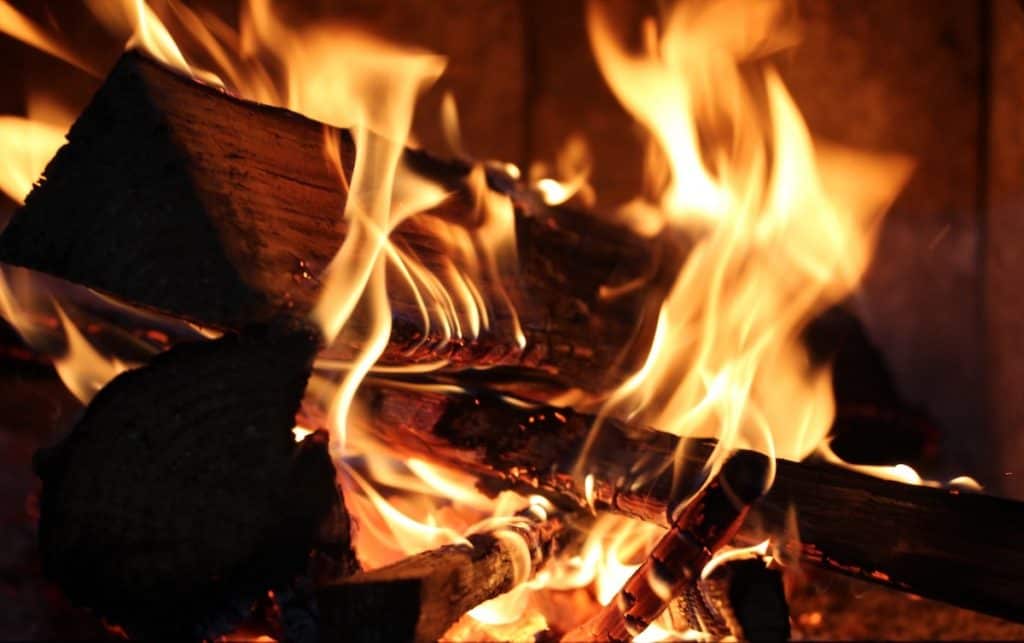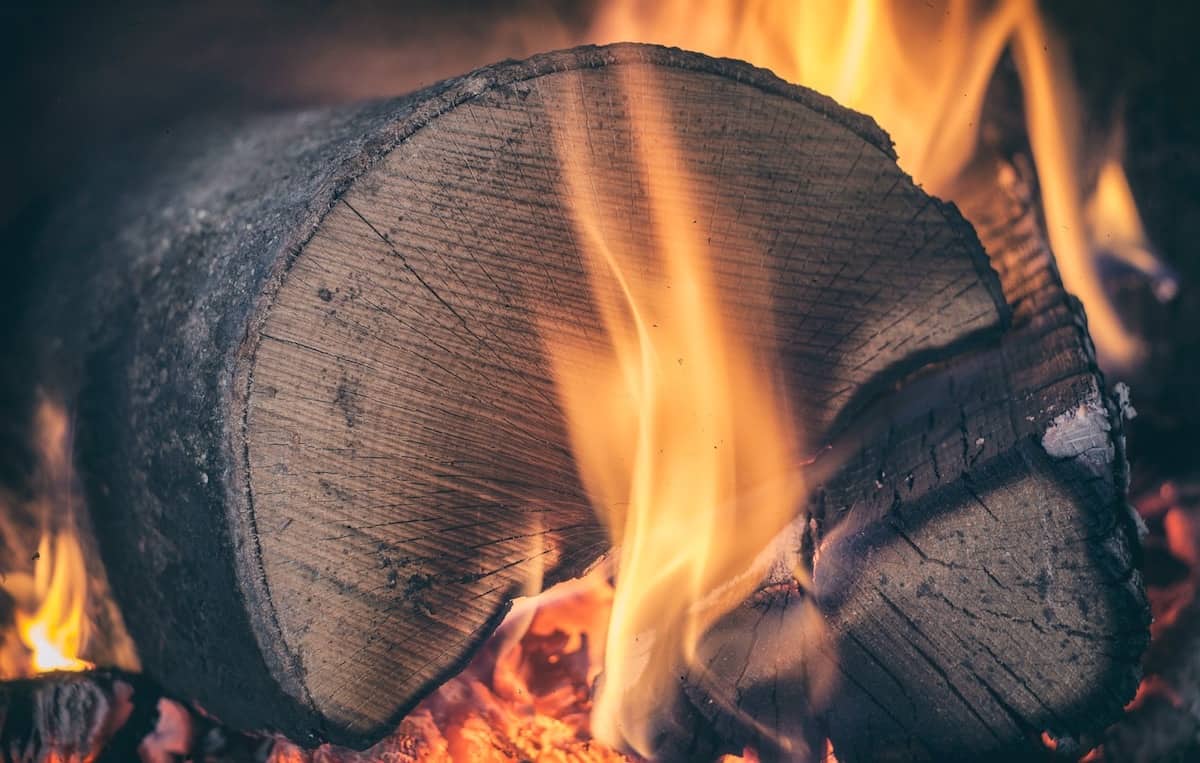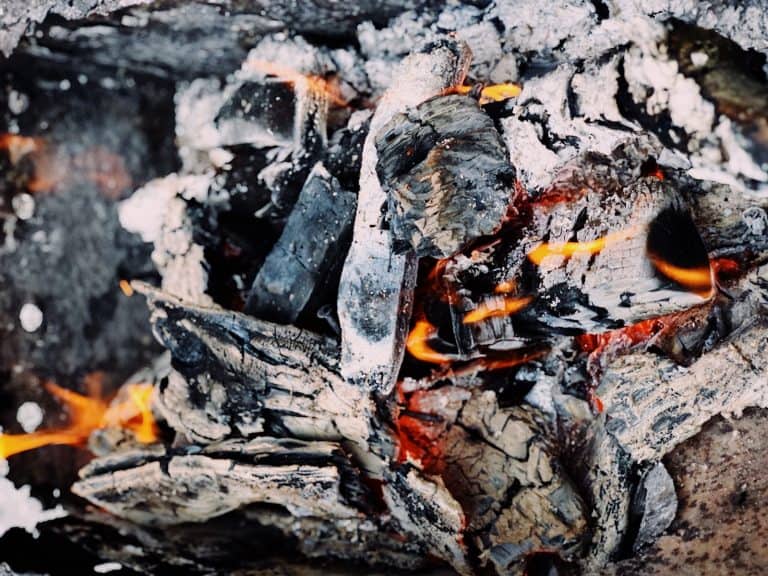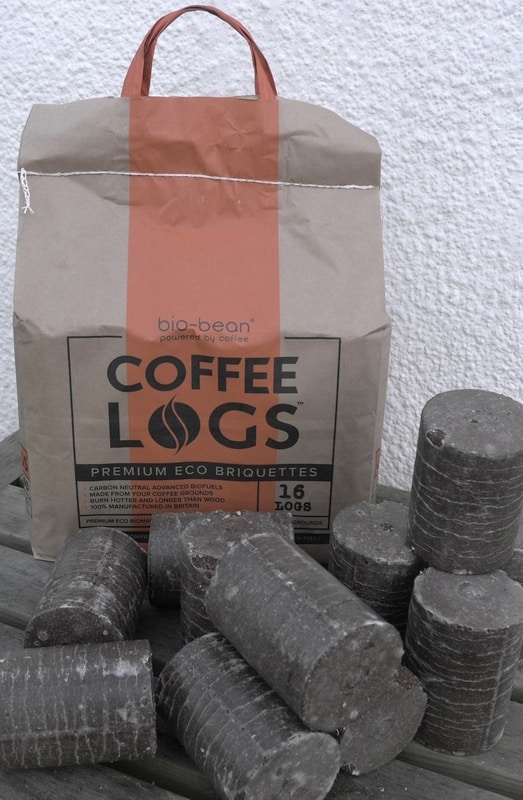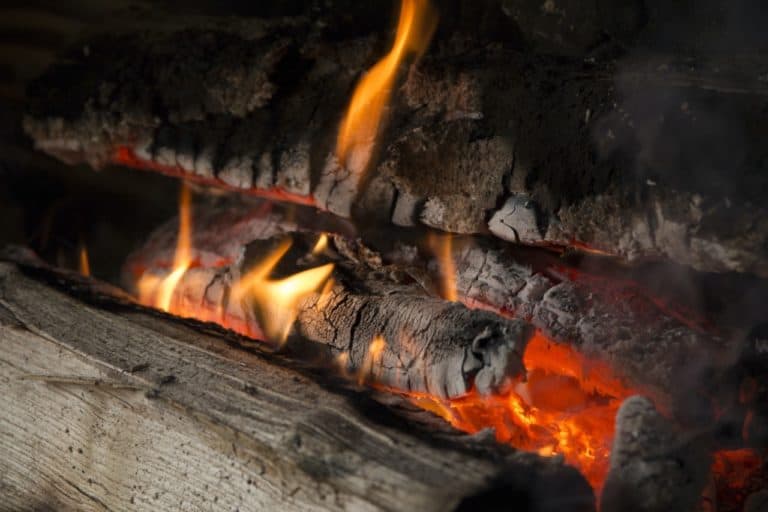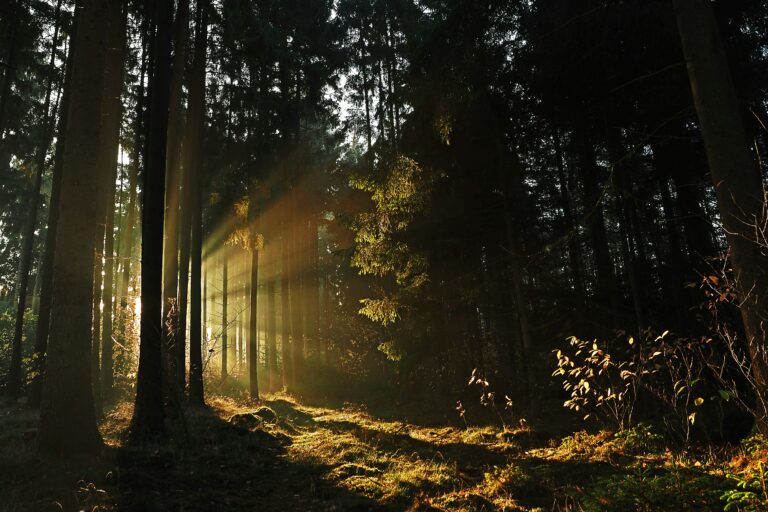5 Eco-Friendly Fuel Alternatives To Coal.
Coal has been a popular choice of fuel for centuries – but as concerns about the environmental impact of coal mining and burning grow, it’s time to consider more eco-friendly fuel sources. Whether you’re looking for fuel for a small wood burning stove, an open fire, or an outdoor chiminea, these eco-friendly alternatives to coal are easy to source, and are much better for the air and the environment.
Dry Wood
When it comes to the environment, using dry wood in your small wood burning stove will always trump burning coal. While coal mining and burning emits significant amounts of carbon into the atmosphere, burning wood – provided it has been sufficiently dried – releases only carbon that has already been circulating, meaning no new carbon is being emitted.
Wood is also a renewable resource, provided that trees are replanted in sufficient quantities to replace the wood being used as fuel for your fire. As a result, burning dry wood is a much more eco-friendly fuel for your small wood stove in comparison to coal. Plus, burning dry wood instead of coal provides benefits for your health, your small stove, and for the air around you, too.
Eco Logs

Many fuel brands manufacture logs that burn easily and economically. These eco logs are made from recycled wood fibre, which, like dry wood, means that burning them doesn’t release any new carbon products into the atmosphere. It also means that no new trees have to be cut down to make them, either. Eco logs are made from compressed sawdust, which is left over from manufacturing processes, and this material would have otherwise gone to waste. If possible, it’s even better if you can source UK-made eco logs to minimise the carbon footprint of making and delivering the fuel for your small wood stove.
Eco logs come in many shapes and sizes, so you can choose the best logs for your tiny wood burner. If you use our Hobbit stove, Little Range or any other small wood burning stove, take a look at our reviews of the eco logs on offer. We’ve tried and tested them in our small wood stoves, so you can be sure to get a great burn from your eco-friendly fuels.
DIY Paper Bricks
If you want to go seriously off-grid, try your hand at making your own brick-shaped fuel sources from used newspapers. It’s a great way to make use of old newspapers without using the resources involved in recycling. As well as the newspaper, you’ll need a brick-maker – this one-time investment will mean you can make as many bricks as you need.
This tutorial simplifies the process – simply scrunch up your newspaper, soak it in water, and use your brick-maker to push the water out. Then leave the bricks to dry completely, until you have a compact, eco-friendly briquette that will burn well, with minimum spend and maximum green credentials. It’s more labour-intensive than buying ready-made fuel, so you’ll need to decide if the effort is worth the pay-off.
 Sawdust Briquettes
Sawdust Briquettes
If making your own bricks seems like overkill, you can also purchase briquettes which are similar in
shape, making them ideal for small stoves. Made from sawdust, they make use of previously used wood, meaning no new trees need to be cut down in order to create them. These sawdust briquettes are made from alder and birch wood, both of which are highly suited to create a swift, high temperature burn.
Like the eco logs, we’ve conducted thorough tests of some sawdust briquettes, so you can see how well they’ll burn in a Hobbit stove.
Coffee Logs
For a highly innovative fuel solution, consider using logs made from recycled coffee grounds. It’s a great way to avoid using wood or fossil fuels, and to use up materials that would otherwise go to waste. While the burn from these logs may not last as long as some of the other options here, their eco credentials more than make up for it. And the best part? They actually smell of coffee while they’re burning.
Innovators have also found ways to turn other food waste products into fuel, including banana skins and sugar cane. Some folk also swear by the use of horse manure as a fuel source for their stoves (it doesn’t give off any kind of smell when burned, but it does need to be collected and dried out before use – so it may not be the most attractive or practical solution). Not all of these fuel sources are widely available in the UK yet, but we’re excited to see more and more innovative ideas like these come to the fore.
There are tons of fuel solutions available that are better for the environment, as well as for your small wood burning stove. The carbon footprint of most of these eco-friendly fuels is minimal, while creosote and soot emissions are also much lower than with coal. Take a look at the fuel we stock for optimal use with our Hobbit stoves and Little Range cook stoves.
